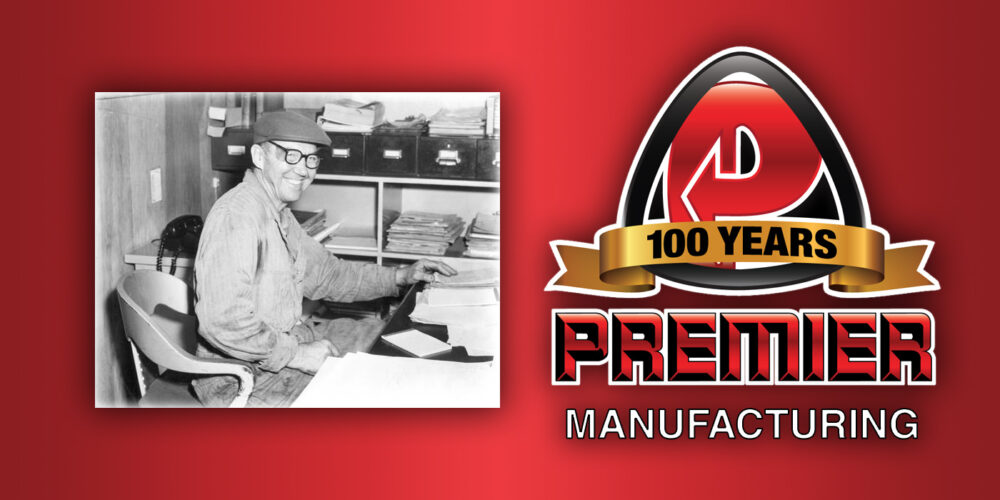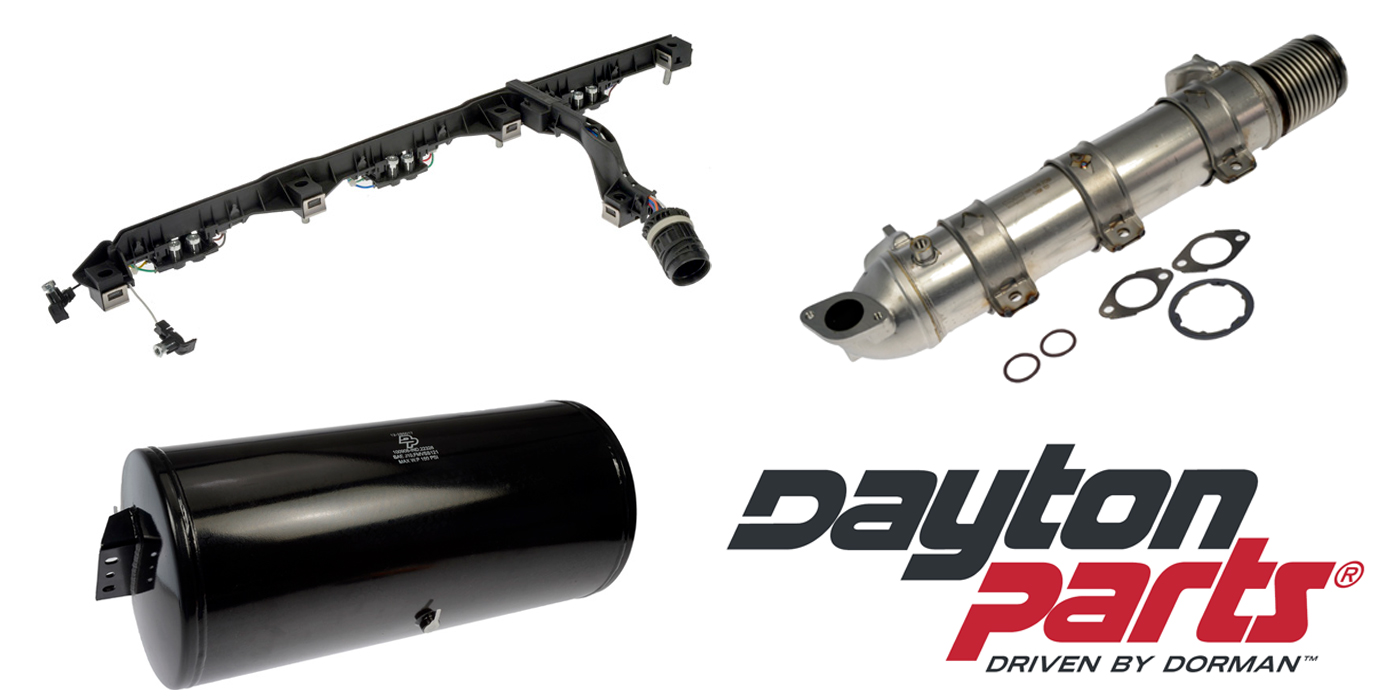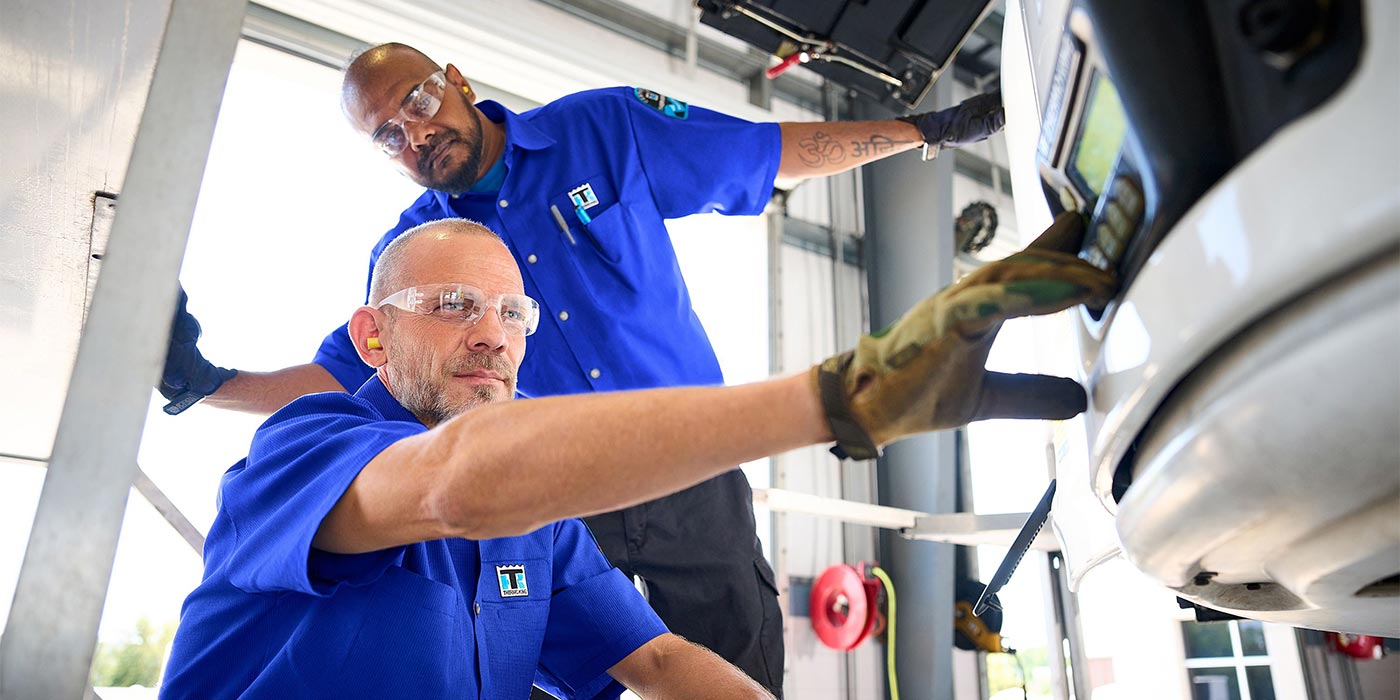We should approach fleet operation as if global warming legislation was already in effect, because it makes good business sense. Some of the things we can do today to reduce our carbon footprint can also make us more efficient, therefore more profitable.
Some of you out there don’t believe global warming exists—I can understand your disbelief when we are constantly bombarded with bogus information from well-meaning people who don’t know their science. Last October the U.S. EPA said its clean diesel efforts have already produced $500 million to $1.4 billion in public health benefits. I seriously doubt there is any data to support those claims. In November’s National Geographic, an environmentalist author implied that converting to all-electric automobiles would result in 0 emissions. I wonder if the author ever looked up at a power generator’s smokestacks.
But, don’t mistake this fact—the average temperature of our planet is slowly increasing. Most of the increase has come in recent decades. In fact, the last two decades were the hottest in 400 years. Worldwide temperatures increased again in 2009 (despite the economy), primarily because of the industrialization of China and India.
I’m not saying that we will all die of parched throats or drown under tidal waves in the next few years. The alarmists have a field day suggesting various calamities, but no one really knows what will happen to us or how long it will take. Earth’s temperatures have varied wildly over the years, and we’ve always seemed to survive. But legislators can hardly wait to pass laws attempting to reduce CO2 emissions. There are things we can do now to reduce our carbon footprint and our dependence on foreign sources of energy, which will help our business.
There are many things we can do today that will save operating expenses over the long haul. For example, the use of fluorescent lights and insulation not only reduces global warming, but also reduces operating costs significantly.
In the longer term we may see more widespread use of nuclear, wind and solar power—and our vehicles may be powered by hydrogen— but there are operating improvements we could make today to reduce energy requirements. We could drive a little slower, and we could minimize our driving as much as possible. We need to think about fuel economy and reduce the size of our engines like the rest of the world has already done. It will pay big dividends.
For Class 8 over-the-road (OTR) trucks, look very closely at aerodynamics. Aerodynamics play a major role in fuel economy at speeds over 60 MPH. Take steps to reduce vehicle speeds where possible. Don’t listen to those who make claims that seem too good to be true. Install systems and test them yourself—I wouldn’t believe anyone else. Do you realize that Bonneville streamliners can go 200 MPH on less horsepower than many OTR trucks if they have the aero right?
I learned in my Mileage Marathon days that engines should turn over as slowly as possible to minimize pumping losses, thereby maximizing fuel economy. Run as tall a gear as you can to reduce engine speed over the road, and you will reduce fuel costs significantly.
Another area where you can make significant efficiency gains is by reducing rolling resistance. Just ask Asa Sharp; wide-based singles can save you a bunch of money. I would also run as much air pressure as practical. We ran our Mileage Marathon world fuel economy record holder’s tires at 200 PSI.
And, of course, you should run the lowest viscosity oils in your engines, transmissions, differentials and wheel ends. The MPG benefits are small, but they’re in the right direction to save you some money.













